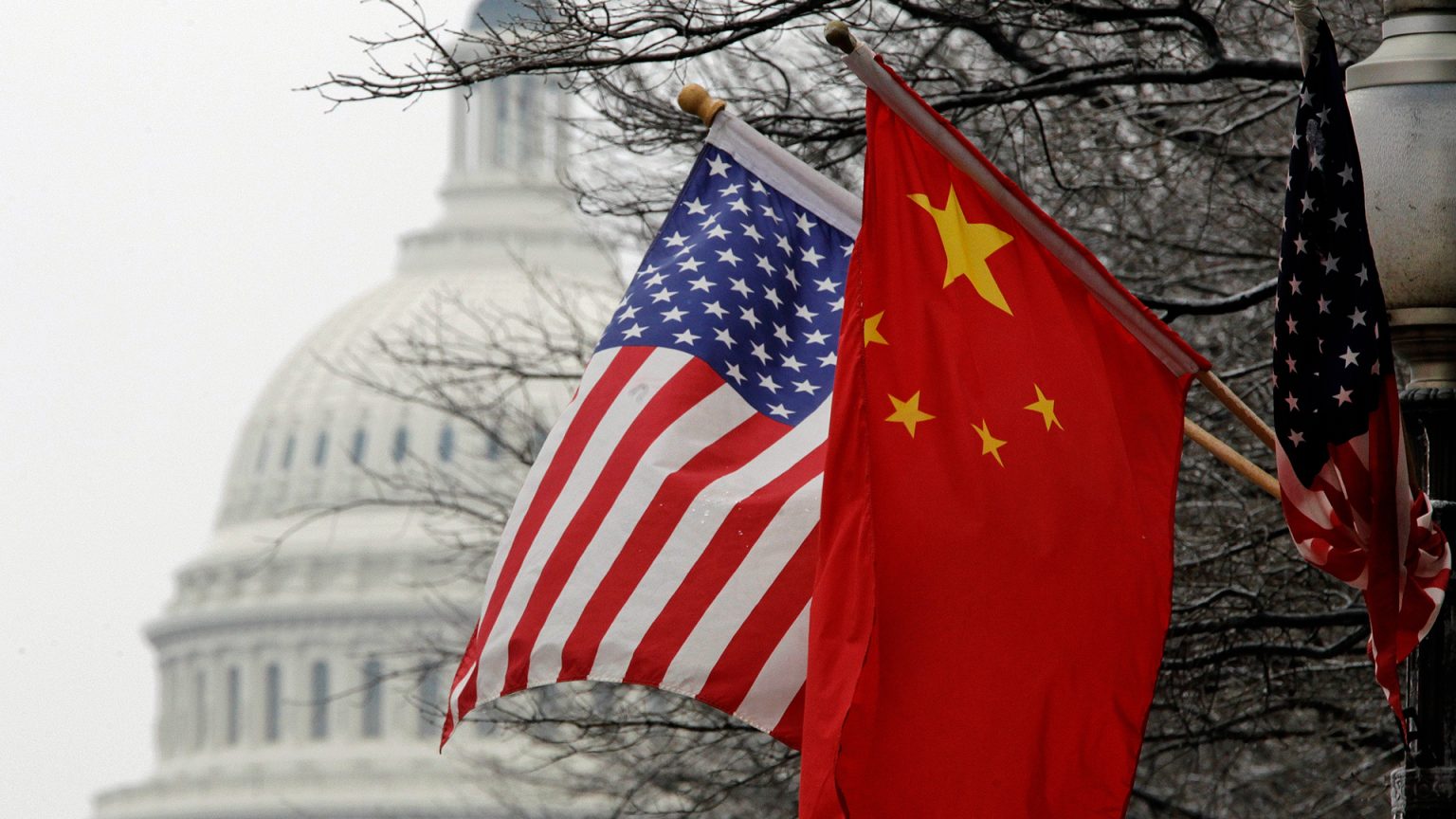In response to Chinese imports affecting American industries and jobs, President Joe Biden has imposed new tariffs on a range of products. This move is aimed at protecting American businesses and workers from what is perceived as unfair competition from China. The tariffs have been increased on goods like electric vehicles, solar cells, and other products in an effort to level the playing field and prevent Chinese dominance in the market. This decision comes as Biden promises not to allow China to unfairly control the market and jeopardize American interests.
The impact of Chinese imports on the US market has been significant, with many American factories being driven out of business as a result. Products like video games, T-shirts, and home appliances have become more affordable for consumers, but at the expense of domestic manufacturers. The loss of over a million jobs has been attributed to this phenomenon, leading to concerns about the long-term economic implications for the country. In response, Biden has taken a firm stance against China’s trade practices and has implemented measures to protect American industries from the effects of cheap imports.
Beijing has retaliated to the new tariffs imposed by the US by launching an anti-dumping inquiry. This move signals China’s resistance to what it sees as protectionist policies being implemented by the US government. The ongoing trade tensions between the two countries have raised concerns about a potential trade war that could have global repercussions. As the two economic powerhouses continue to clash over trade issues, the stability of the global economy hangs in the balance, with both sides attempting to assert their dominance in the market and maintain their interests.
Meanwhile, Cuba’s sugar industry is facing a crisis, further adding to the economic uncertainties in the region. The challenges being faced by the industry could have ripple effects on the country’s economy and people’s livelihoods. Cuba’s reliance on the sugar industry for revenue and employment makes this situation particularly concerning, as a downturn in the sector could have widespread implications. As the country grapples with these issues, the need for economic diversification and stability becomes increasingly apparent in order to weather the storm and ensure a sustainable future for the nation.
In addition to the challenges facing Cuba, the world is also experiencing shortages of critical minerals, further complicating global economic conditions. The scarcity of these essential resources has implications for various industries and sectors, from technology to manufacturing, that rely on these materials for production. As demand for critical minerals continues to rise, the need for alternative sources and sustainable solutions becomes more urgent. The shortage of these key resources highlights the interconnectedness of the global economy and the importance of diversifying supply chains to ensure resilience in the face of such challenges.
In conclusion, the trade tensions between the US and China, coupled with Cuba’s sugar industry crisis and global shortages of critical minerals, paint a complex picture of the current economic landscape. President Joe Biden’s decision to impose tariffs on Chinese imports reflects a broader effort to protect American industries and workers from unfair competition. The response from Beijing in launching an anti-dumping inquiry underscores the ongoing trade disputes between the two countries. As the world grapples with economic uncertainties and resource shortages, the need for collaboration and innovative solutions becomes increasingly apparent. Addressing these challenges will require a coordinated effort across nations to promote sustainable growth and resilience in the face of changing economic dynamics.















